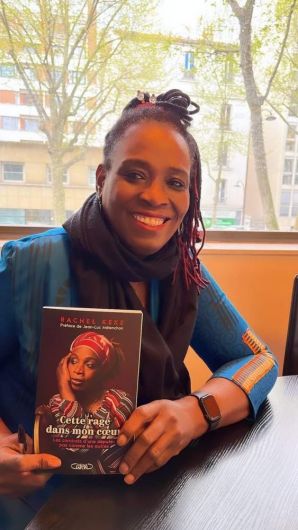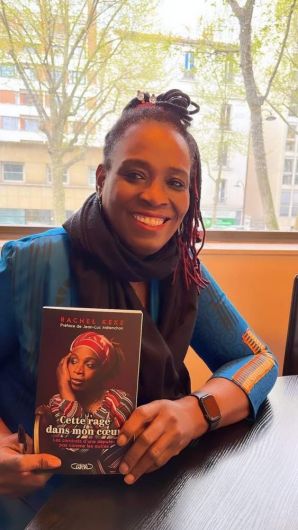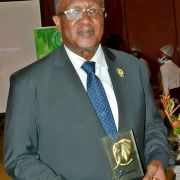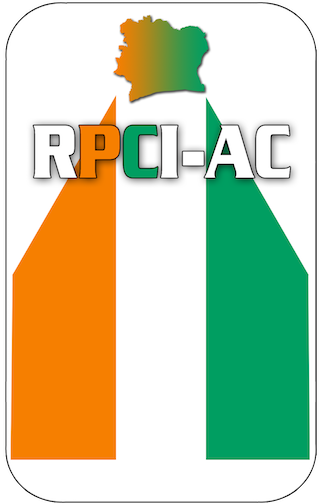"Bureaucracy in the third world":"Spotlight on the Ivory Coast"!
Le 15 juin 2011 par IvoireBusiness - In simple traditional societies, administrative roles were relatively underdeveloped as a whole. Indeed, specialised administrative staff may have been

Le 15 juin 2011 par IvoireBusiness - In simple traditional societies, administrative roles were relatively underdeveloped as a whole. Indeed, specialised administrative staff may have been
virtually absent. Authority was typically based on kinship and exercised by the family oldest male. Almost all third world societies have now witnessed the gradual emergence of administrative roles and specialised offices. These positions were initially filled by the family of the ruler, thus binding political power and bureaucracy together in a small and cohesive central elite. Indeed, a feature of administration in the third world is the high degree of concentration at the centre, which limits penetrations of peripheral areas.("The colonial legacy"):public administration is often imitative rather than innovative in contemporary developing societies. The conspicuous stamp of colonial rule can still be found in the third world, even in places where the colonialists have long since departed! Let’s take the example of the "Ivory Coast" since 1960( year of independence ) till now: Ivorian history can record that more than 50.000 thousands French civil servants helped the country during post colonial rule until their gradual departure in the eighties. It has also helped the country to some some extent, because former Ivorian president(1960-1993) "Houphouet Boigny's policy was to replace the post colonial french civil servant gradually.This strategy of "HOUPHOUET BOIGNY" was unquestionably labelled as the Ivorian success story in the whole AFRICA. Nowadays, "Ivory Coast" has got one of the largest number of educated men, also civil servants in the whole AFRICA thanks to this smart policy of PRESIDENT "HOUPHOUET BOIGNY".On the other hand , as far as this current Ivorian turmoil is concerned, most of the Ivoirians can't stand the fact that illiterate Ouattara's backward rebels and mercenaries called in the "mandingo" tribe "Dozos" are now in charge of the security of one of the most advanced african country right now. Until this so-called Ouattara's security policy is more effective in the "Ivorian Coast", the dream of lasting peace and reconciliation won't be attained. It’s indeed the bright future of the "Ivory Coast" which is at stake! It seems that Ivorian citizens are ready to fight back, when casting away impunity and backward bureaucracy in the country in this new millennium. ...
Yves T Bouazo













